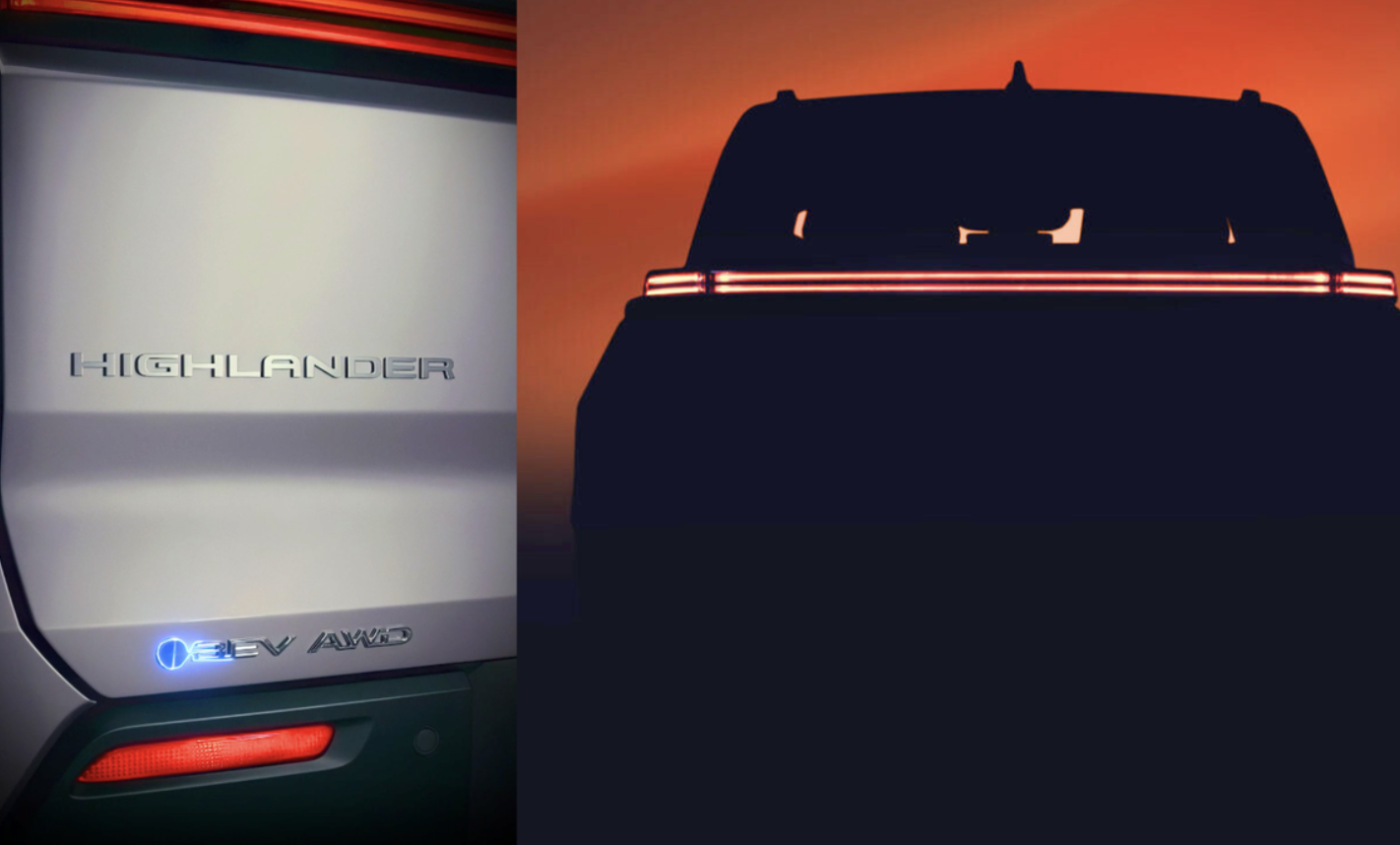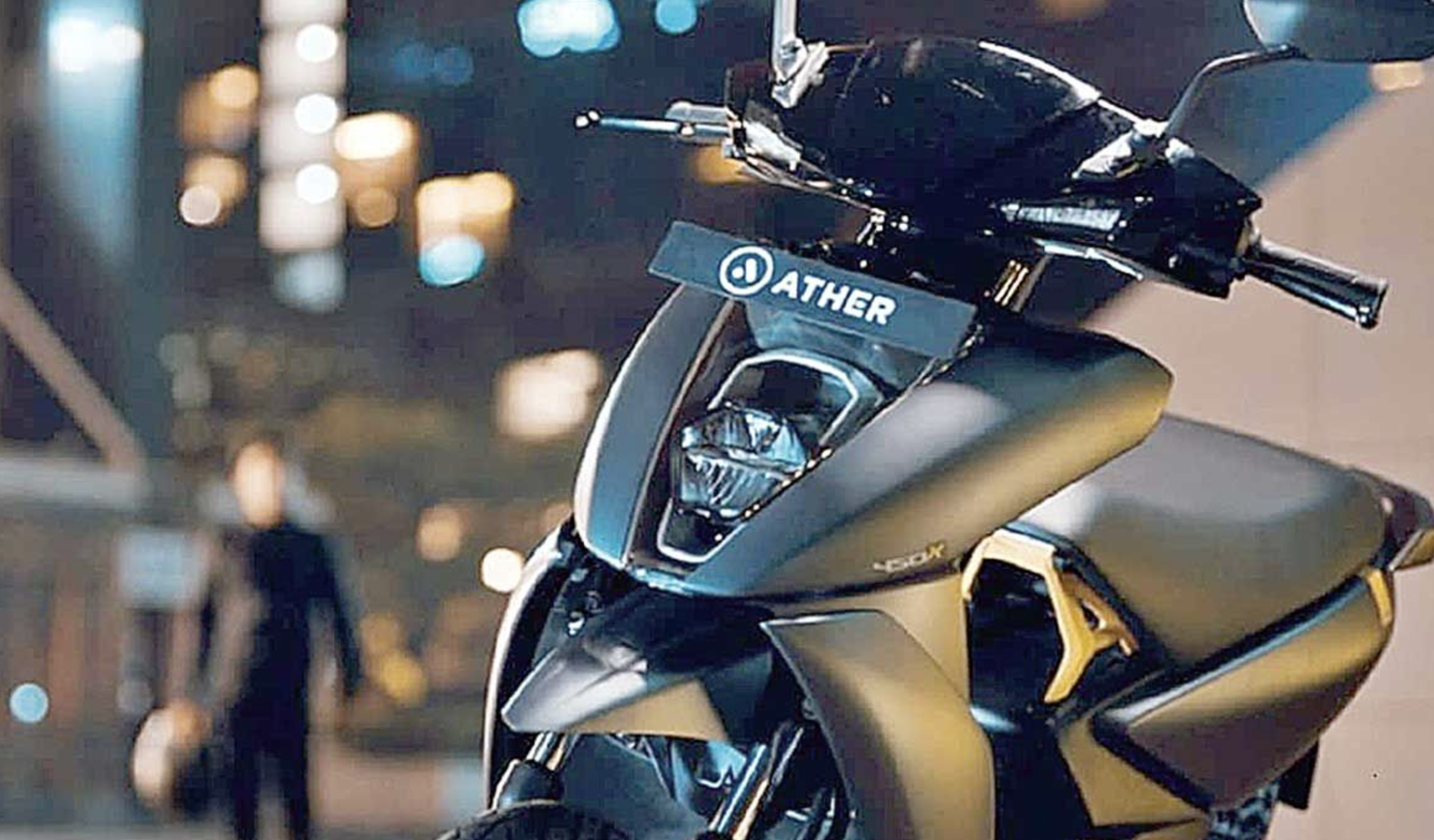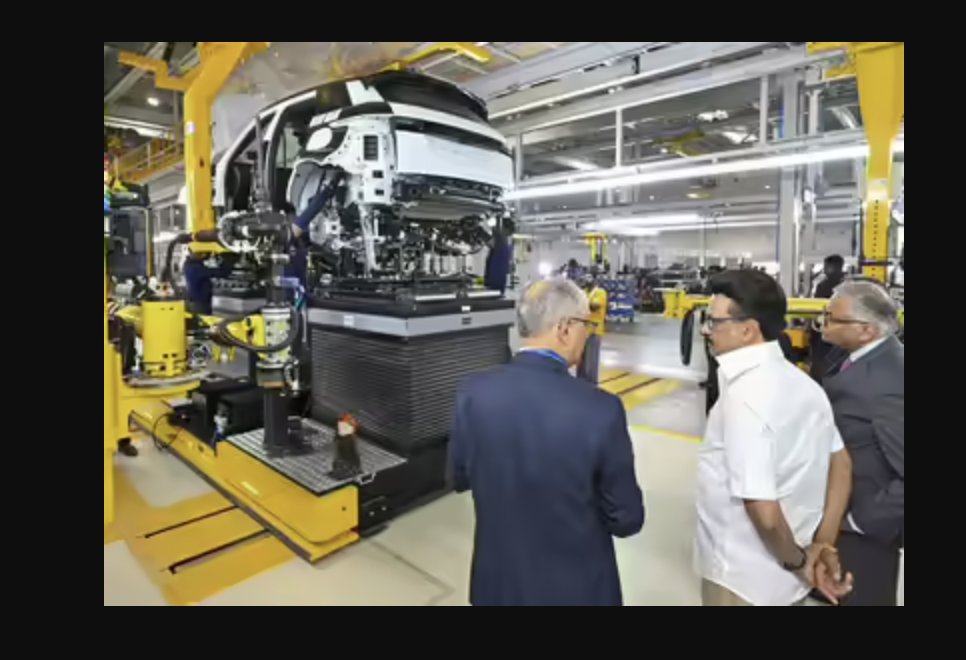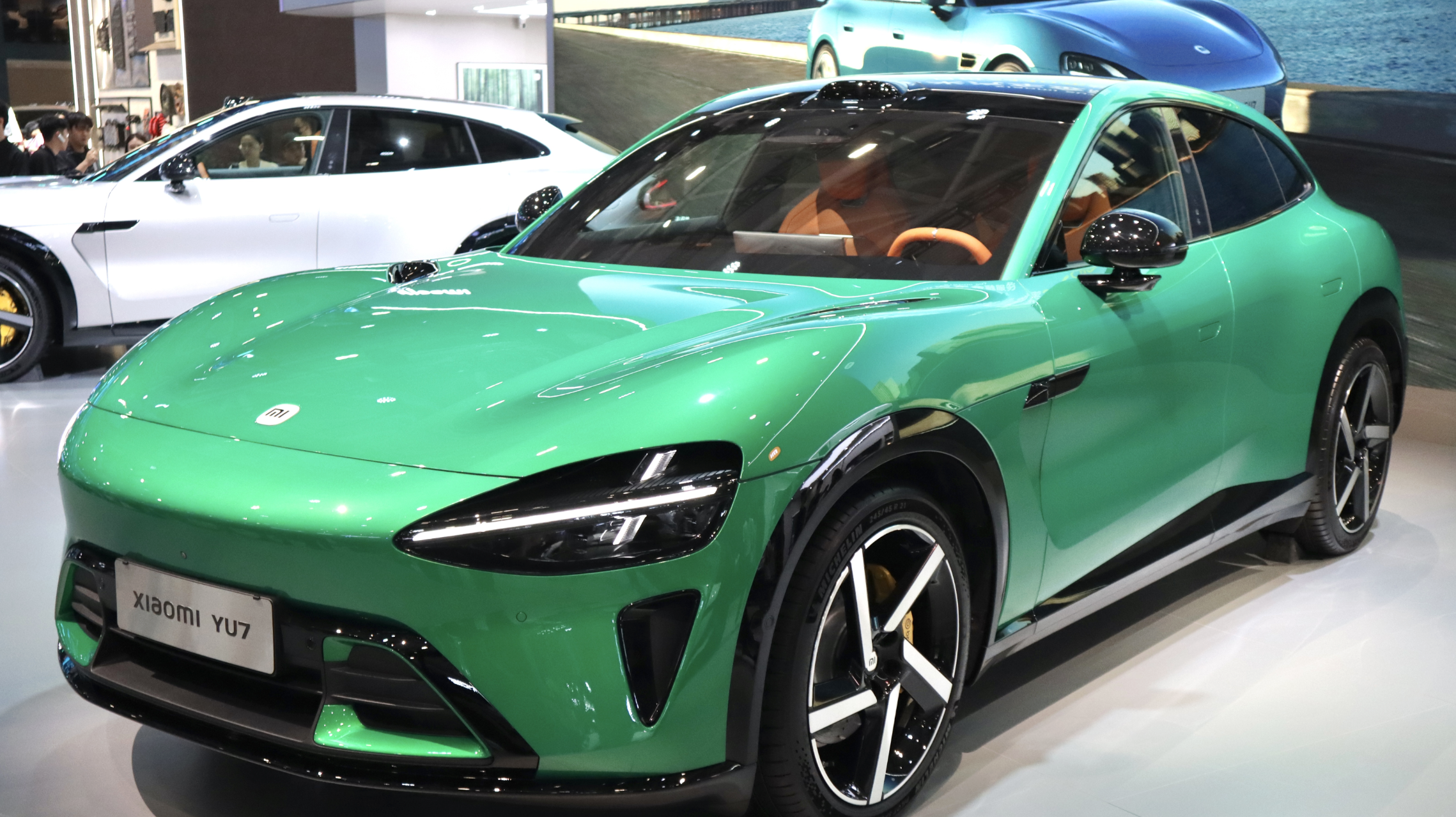India’s New EV Policy: Limited Import Concessions to Boost Domestic Manufacturing
Companies establishing manufacturing facilities for electric passenger cars will be allowed to import a limited number of cars at a reduced customs duty of 15% on vehicles valued at USD 35,000 or more. This concession will be applicable for five years from the issuance of the approval letter. Currently, completely built unit (CBU) cars imported to India are subject to a customs duty ranging from 70-100%, depending on factors like engine size and cost.

The government has clarified that the policy will not negatively affect domestic players, but rather expand the Indian EV market. Rajesh Kumar Singh, Secretary of the Department for Promotion of Industry and Internal Trade (DPIIT), explained that the goal is to kickstart domestic e-car manufacturing while allowing imports in a limited quantity. The policy caps the number of imports at 8,000 cars per company per year, with a maximum limit of 40,000 cars.
Concerns Over Chinese EV Influx in India Amid Support for New Policy
However, a report by the Global Trade Research Initiative (GTRI) raised concerns that the policy could lead to a significant influx of Chinese auto manufacturers into the Indian market. The report predicts that in the coming years, a substantial share of the electric vehicles on Indian roads could be from Chinese firms or joint ventures with Indian companies. Chinese EV giant BYD has already entered India and plans to dominate the market, while SAIC Motor, China’s largest automaker, has formed a joint venture with the JSW Group to expand MG Motor’s presence.
Despite these concerns, many experts support the policy, citing its potential to make India a global manufacturing hub for EVs. The policy also emphasizes Domestic Value Addition (DVA) criteria to foster a robust local supply chain, which will help India develop a self-sufficient EV ecosystem.













